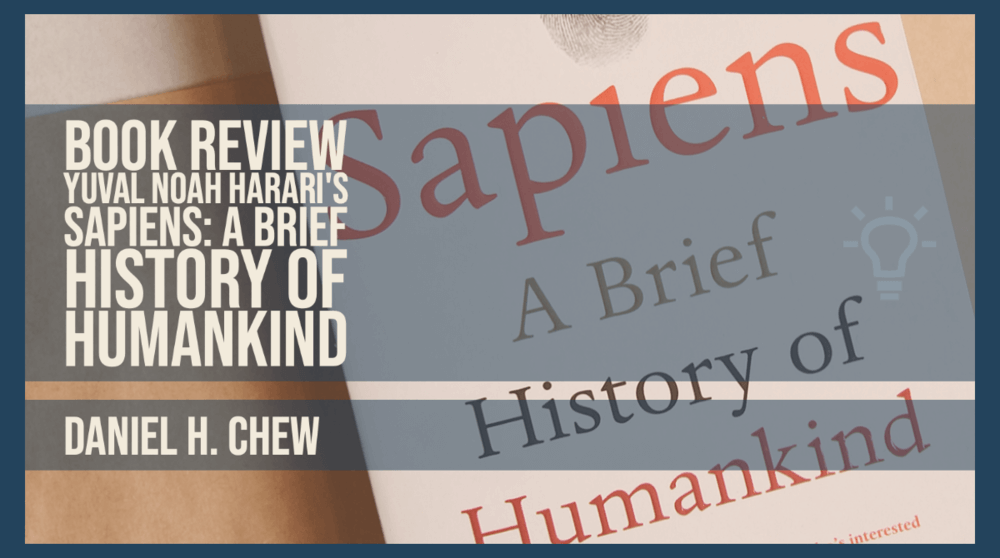Sapiens A Brief History of Humankind (2011)

Title: Sapiens: A Brief History of Humankind
Author: Yuval Noah Harari
Year of Publication: 2011
Genre: Non-fiction, History, Anthropology
Setting: Primarily Earth, covering the entire span of human history
Summary: "Sapiens: A Brief History of Humankind" is a thought-provoking and sweeping account of human history that explores the development and impact of Homo sapiens, the species to which we belong. The book traces the journey of humankind from the emergence of our species in Africa to the present day, covering key milestones, revolutions, and shifts that shaped human society and culture. It examines critical aspects of human evolution, such as the Cognitive Revolution, the Agricultural Revolution, the emergence of empires, the Scientific Revolution, and the challenges and implications of our modern world. Throughout the book, Harari raises profound questions about the nature of human existence, our collective beliefs, and the future direction of our species.
Major Themes:
- Human Evolution: The book delves into the biological and cultural evolution of Homo sapiens, exploring how our species emerged, expanded, and eventually became the dominant force on Earth.
- Cognitive Revolution: Harari explores the cognitive abilities and unique traits that set humans apart from other animals, such as language, storytelling, and the formation of shared beliefs.
- Agricultural Revolution: The shift from hunter-gatherer societies to settled agricultural communities is examined, along with its consequences for human society, inequality, and the environment.
- Impact of Technology: Harari investigates the impact of technological advancements, such as the invention of writing, the Industrial Revolution, and the rise of artificial intelligence, on human societies.
Awards: "Sapiens: A Brief History of Humankind" received widespread acclaim and has been translated into numerous languages. While it did not receive any major literary awards, the book has gained immense popularity and has been highly influential in the fields of history, anthropology, and popular science.
Legacy: "Sapiens" has garnered a large and devoted readership, appealing to both academic and general audiences. Its thought-provoking insights and broad exploration of human history have sparked discussions and debates about the nature of humanity, our impact on the planet, and the future of our species. The book has been praised for its accessible writing style, its ability to distill complex ideas into understandable terms, and its ability to challenge commonly held assumptions about human history.
